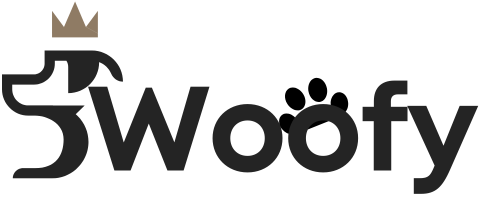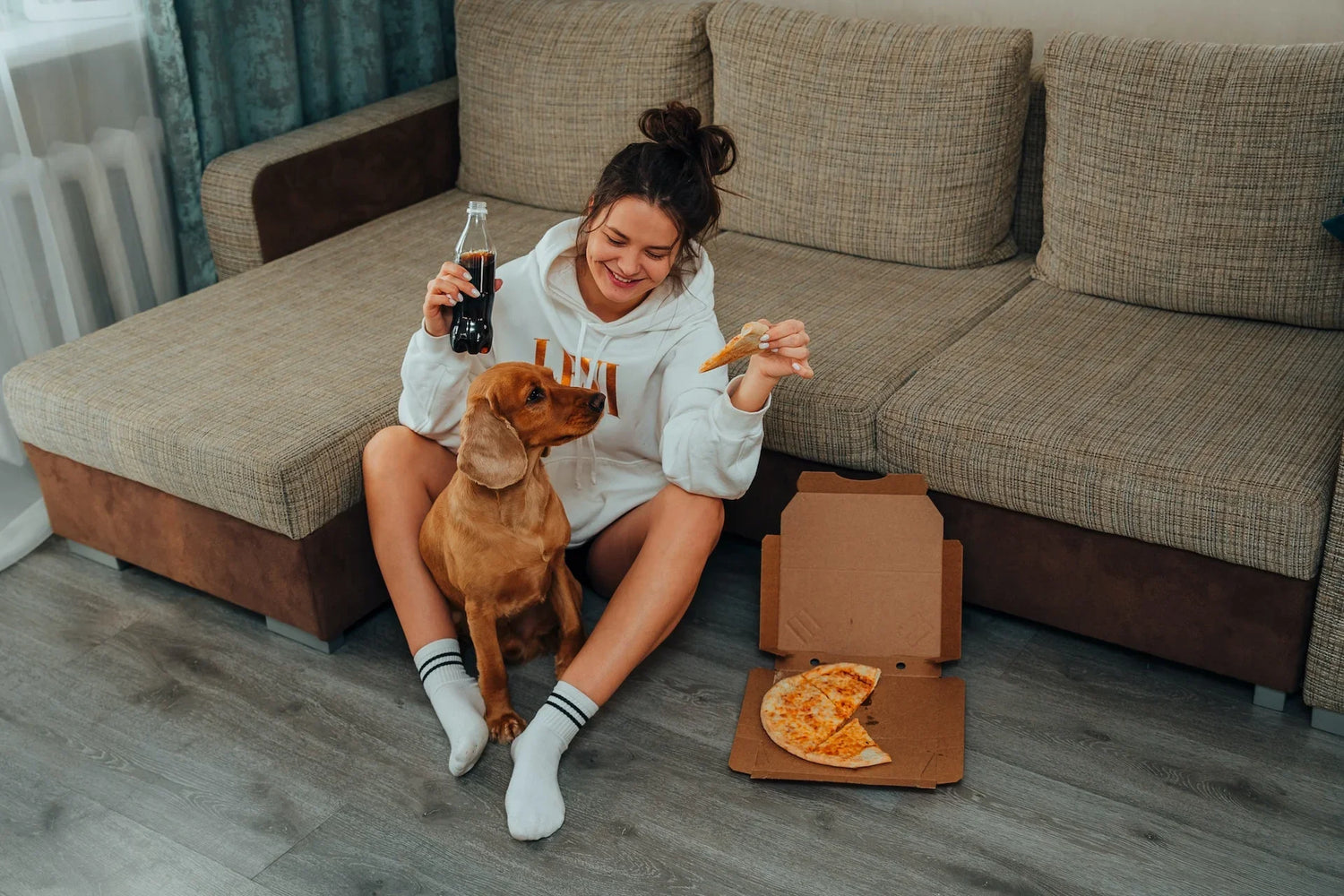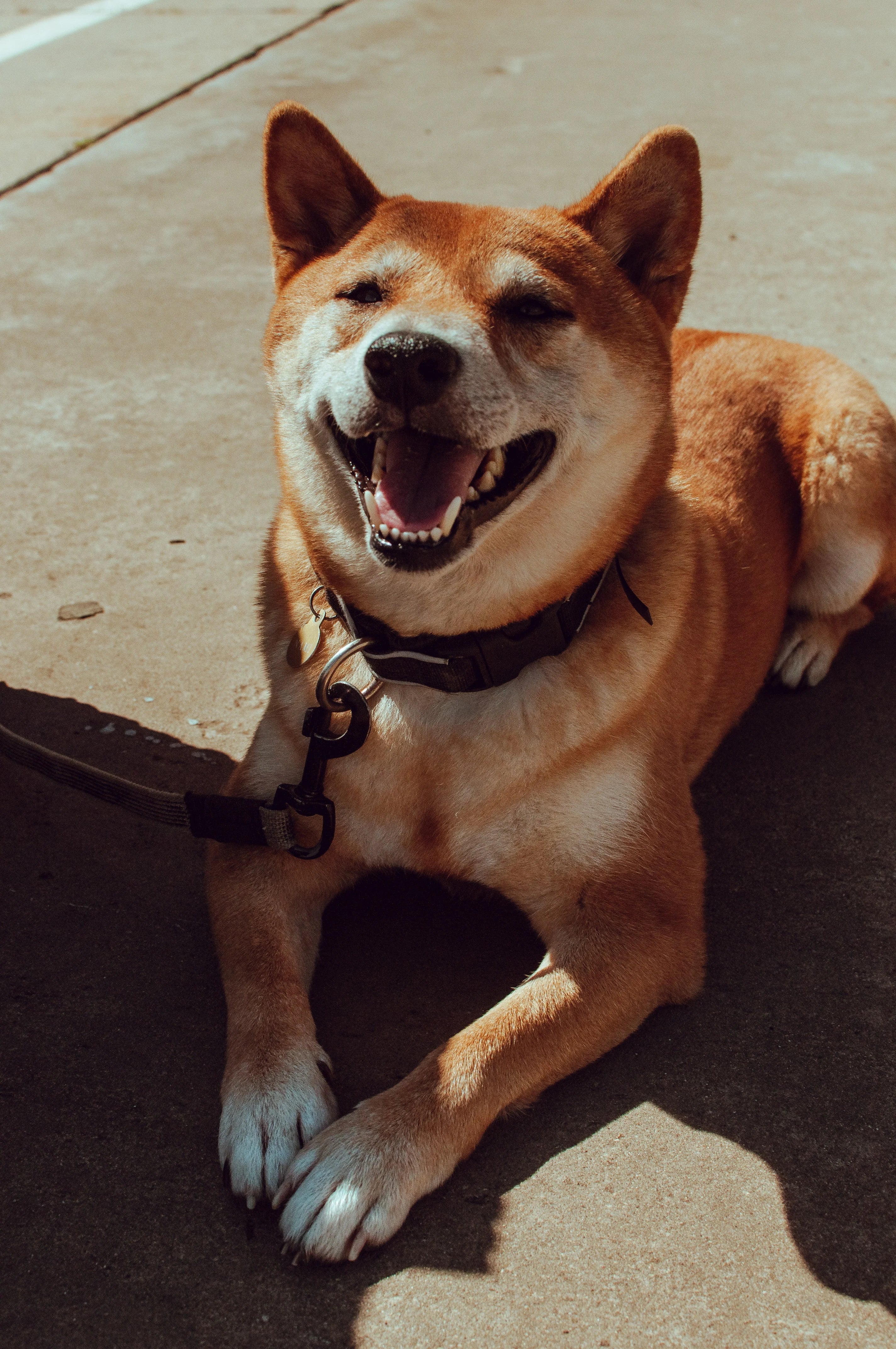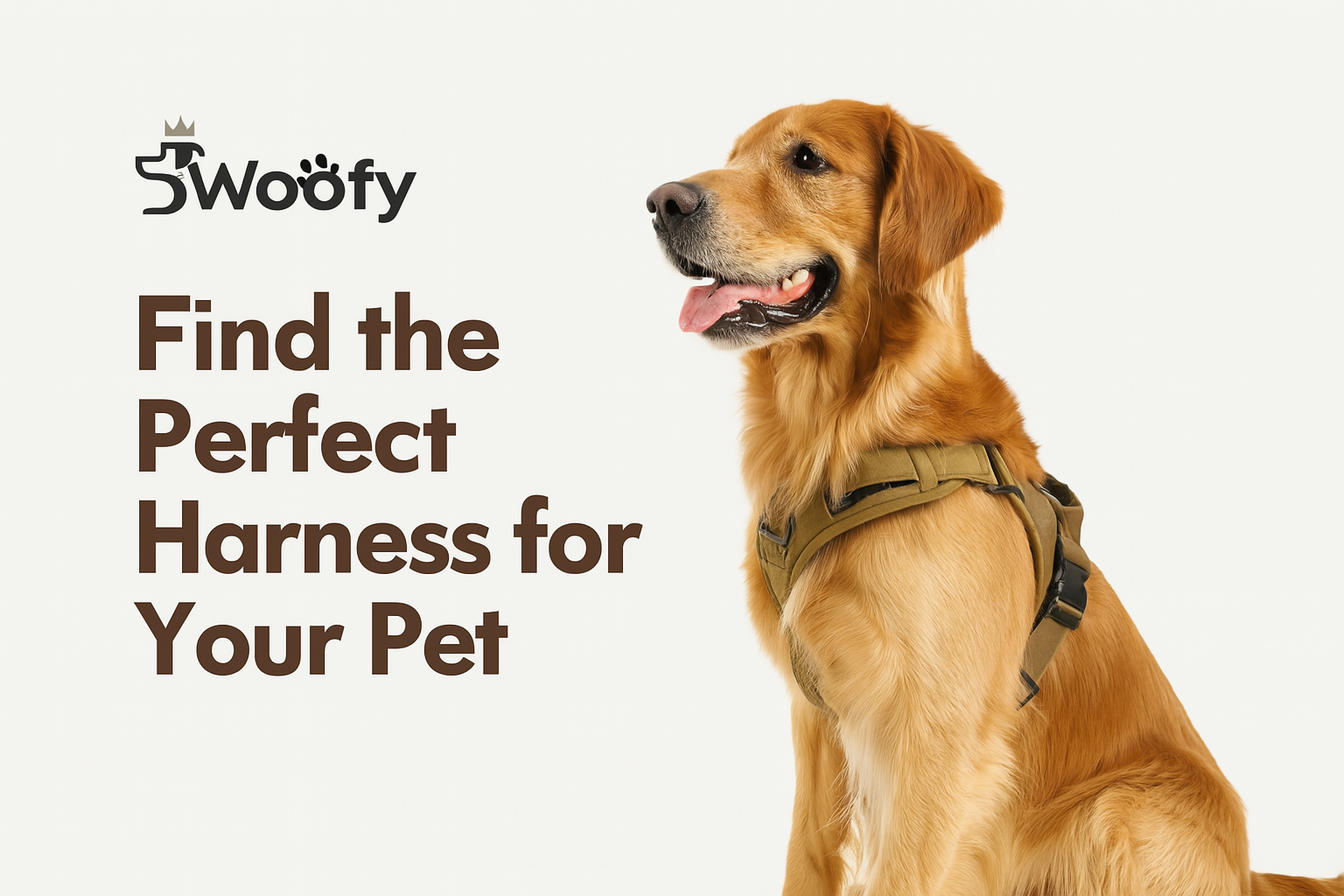As pet owners, it’s hard to resist those big puppy eyes staring up at us while we enjoy our meals. Many of us wonder if sharing a bite of human food with our furry friends is okay. While some human foods are safe and even beneficial for dogs, others can be harmful or even toxic. Understanding what human food is safe for your dog and what should be avoided is crucial for their health and well-being. Here’s a guide on what you can and can’t feed your dog.
Safe Human Foods for Dogs
Some human foods are not only safe but also nutritious for dogs. When offering these foods, always do so in moderation and make sure they’re prepared in a dog-friendly way (no seasoning or harmful ingredients).
1. Lean Meat (Chicken, Turkey, Beef)
Cooked, lean meat is a great source of protein and can be a healthy treat for your dog. Avoid seasoning with salt, garlic, or onion, which can be harmful. Always remove bones before feeding meat to your dog, as they can cause choking or damage to the digestive tract.
2. Carrots
Carrots are a crunchy, low-calorie snack that’s safe for dogs. Rich in vitamins and fiber, they can help with dental health as well. Raw or cooked carrots make a great treat for dogs of all sizes.
3. Apples (Without the Core and Seeds)
Apples are a healthy fruit packed with vitamins A and C. They can be a great, refreshing treat for your dog. However, be sure to remove the core and seeds, as they contain cyanide, which can be toxic in large amounts.
4. Blueberries
Blueberries are rich in antioxidants and make for a tasty, low-calorie treat. They're safe for dogs and provide health benefits, such as supporting the immune system and reducing inflammation.
5. Peanut Butter
Plain, unsweetened peanut butter (without xylitol, which is toxic to dogs) is a favorite treat for many dogs. It’s packed with protein and healthy fats. You can use it as a treat on its own or stuff it in a toy, like a Fluffy Dog Bed stuffed with peanut butter, to keep them entertained.
6. Sweet Potatoes
Sweet potatoes are a nutrient-packed snack that provides fiber and vitamins. Cooked and mashed sweet potatoes are safe for dogs and can even help with digestive health. Just avoid adding any butter, salt, or spices.
Human Foods You Should Never Feed Your Dog
While some human foods are safe, others can be dangerous or toxic to dogs. It’s essential to know what foods should be strictly avoided.
1. Chocolate
Chocolate contains theobromine, a substance toxic to dogs. Dark chocolate and baking chocolate are the most dangerous, but even milk chocolate can cause serious health problems, including vomiting, diarrhea, seizures, and even death.
2. Grapes and Raisins
While the exact cause isn’t fully understood, grapes and raisins can cause kidney failure in dogs. Even small amounts can be dangerous, so it’s best to avoid them altogether.
3. Onions and Garlic
Onions and garlic (in all forms, raw, cooked, or powdered) contain compounds that can damage a dog’s red blood cells, leading to anemia. Consuming these in large amounts can be extremely harmful.
4. Avocados
Avocados contain a substance called persin, which can cause vomiting and diarrhea in dogs. Although some small amounts of avocado are safe for certain breeds, it's best to avoid them altogether.
5. Alcohol
Alcohol is extremely toxic to dogs and can cause a range of harmful effects, including vomiting, diarrhea, difficulty breathing, and even coma. Even small amounts of alcohol can be dangerous, so keep any alcoholic beverages away from your dog.
6. Xylitol (Sugar Substitute)
Xylitol, commonly found in sugar-free gum, candies, baked goods, and even some peanut butter brands, is extremely toxic to dogs. Even small amounts can cause a rapid drop in blood sugar, leading to seizures, liver failure, and death.
7. Bones from Meat
While cooked meat bones might seem like a natural treat, they can splinter and cause choking, or even serious damage to your dog’s digestive system. Always avoid giving your dog cooked bones, and instead, opt for safe, dog-friendly chew toys.
8. Dairy Products
Many dogs are lactose intolerant, meaning they can't properly digest dairy products. Feeding your dog milk, cheese, or ice cream can lead to digestive upset, including diarrhea and bloating.
How to Safely Share Human Food with Your Dog
If you want to share human food with your dog, make sure you know what’s safe and what’s not. Always start with small amounts and observe how your dog reacts to new foods. If you're ever in doubt about a particular food, consult your vet.
It’s also essential to ensure that any food you give to your dog is free from harmful ingredients like salt, sugar, spices, or artificial sweeteners. Moderation is key—just because a food is safe doesn’t mean your dog should eat large quantities of it.
Conclusion
While dogs can enjoy some human foods, it’s crucial to know which ones are safe and which ones can be harmful. Always keep potentially dangerous foods out of reach and stick to dog-friendly snacks. By feeding your dog healthy, safe human food and avoiding the toxic ones, you’ll keep your pet happy, healthy, and safe.
If you’re ever unsure about what to feed your dog, it’s always best to consult your veterinarian for expert advice. Happy feeding! 🐾




Leave a comment
This site is protected by hCaptcha and the hCaptcha Privacy Policy and Terms of Service apply.